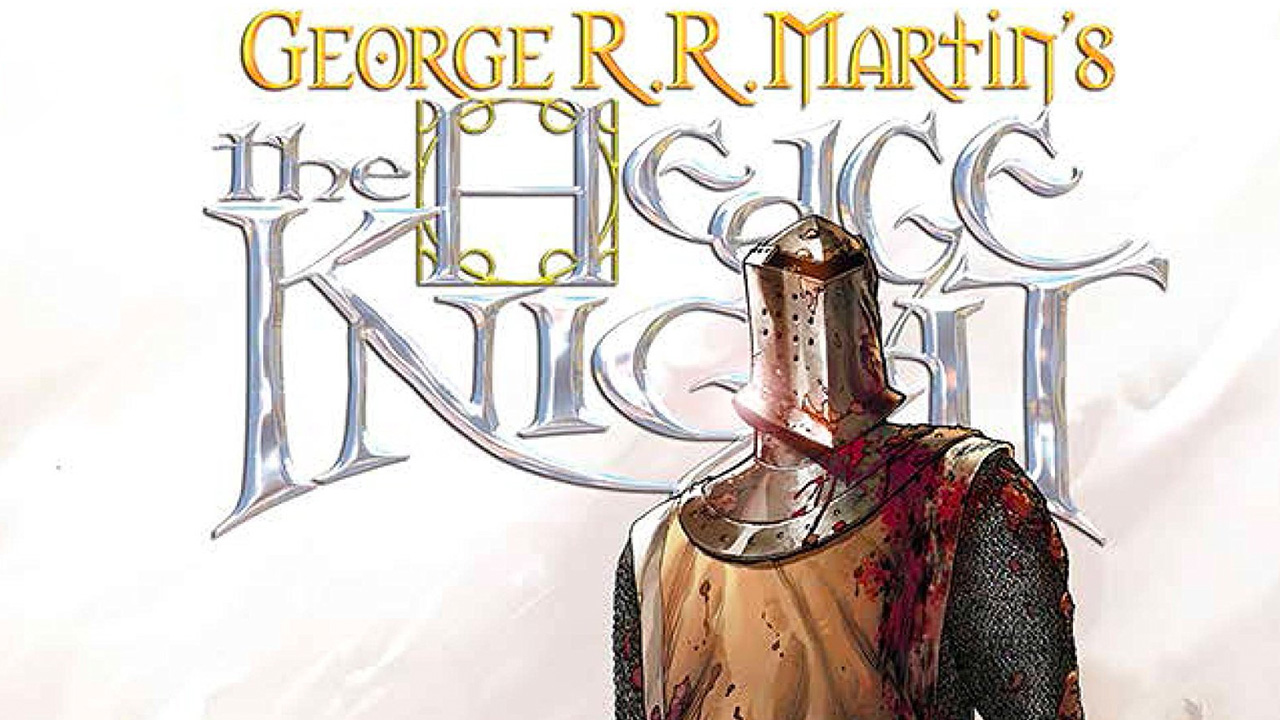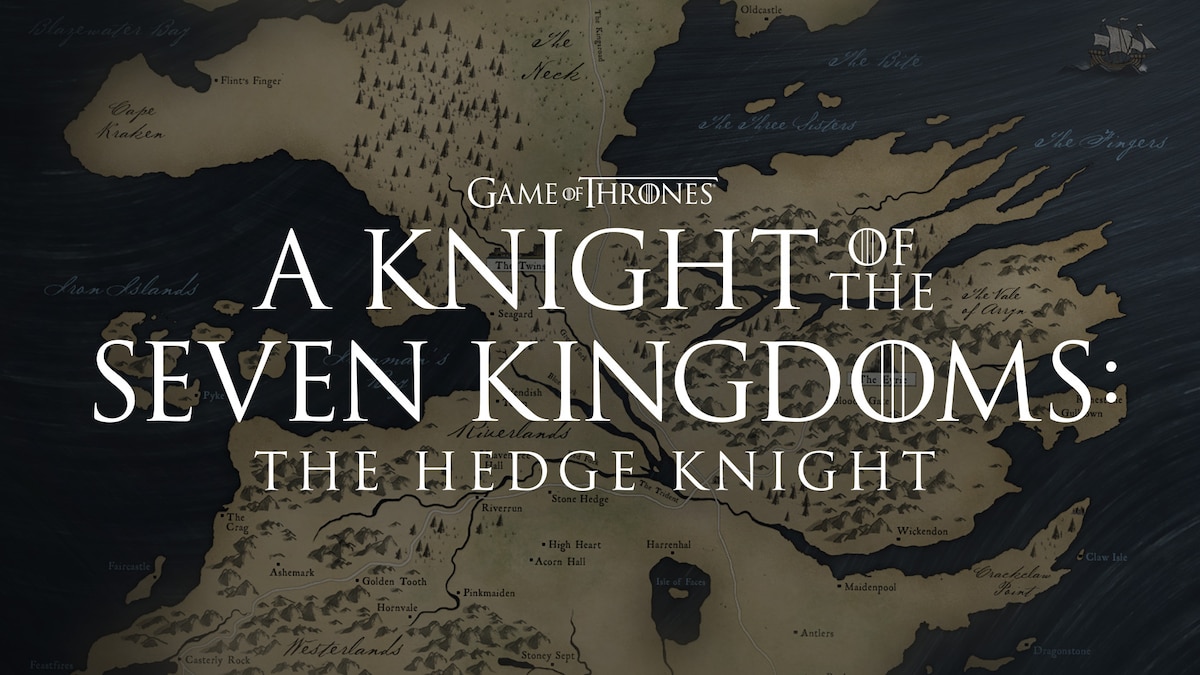The Noble Orders of Westeros

A knight of the seven kingdoms – The Noble Orders of Westeros are seven knightly orders that have existed for centuries, each with its own history, traditions, and purpose. These orders play a vital role in Westerosi society, providing protection, justice, and honor to the realm.
In the tapestry of Westeros, where knights of the seven kingdoms stood tall, there lurked a darker tale of treachery and bloodshed. The infamous duo known as blood and cheese left an indelible mark on the realm, their actions a grim reminder of the horrors that could befall even the most valiant knights.
The origins of the Noble Orders can be traced back to the Age of Heroes, when legendary warriors banded together to protect the realm from threats both within and without. Over time, these warrior bands evolved into the seven knightly orders we know today: the Kingsguard, the Queensguard, the Night’s Watch, the Greencloaks, the Warrior’s Sons, the Poor Fellows, and the Brotherhood Without Banners.
The Kingsguard
The Kingsguard is the most prestigious knightly order in Westeros, serving as the personal guard of the king. The Kingsguard is composed of seven knights, each chosen by the king for their valor, loyalty, and skill in combat. The Kingsguard is responsible for protecting the king and his family, as well as carrying out his orders.
A knight of the Seven Kingdoms, with his unwavering loyalty and fierce determination, is a testament to the indomitable spirit that resides within us all. For those eager to witness the epic battles and intricate storylines that unfold in this realm, tune in to Game of Thrones air time , where the fate of Westeros hangs in the balance.
As the knights charge into battle, their courage serves as a reminder that even in the darkest of times, hope remains.
- Ser Arthur Dayne
- Ser Barristan Selmy
- Ser Jaime Lannister
The Queensguard
The Queensguard is the female counterpart to the Kingsguard, serving as the personal guard of the queen. The Queensguard is composed of seven knights, each chosen by the queen for their valor, loyalty, and skill in combat. The Queensguard is responsible for protecting the queen and her family, as well as carrying out her orders.
In the fabled realm of Westeros, knights of the Seven Kingdoms stand as beacons of chivalry and valor. Among them, Lucerys Velaryon , the young prince of Driftmark, embodies the spirit of a true knight. With his unwavering loyalty, unwavering courage, and unwavering determination, he carries the legacy of his illustrious ancestors.
- Ser Brienne of Tarth
- Ser Lynesse Hightower
- Ser Elenei Fossoway
The Night’s Watch
The Night’s Watch is a military order that guards the Wall, a massive fortification that protects the realm from the wildlings and the White Walkers. The Night’s Watch is composed of men from all walks of life, including criminals, bastards, and younger sons of noble families. The Night’s Watch is responsible for patrolling the Wall, fighting off wildlings and White Walkers, and maintaining order among the men of the Watch.
- Ser Jeor Mormont
- Ser Alliser Thorne
- Ser Jon Snow
The Greencloaks
The Greencloaks are a religious order that serves the Seven, the gods of Westeros. The Greencloaks are composed of septons, septas, and knights who have dedicated their lives to serving the gods and protecting the realm. The Greencloaks are responsible for performing religious ceremonies, providing spiritual guidance, and fighting against the enemies of the Seven.
A knight of the Seven Kingdoms, sworn to protect the realm, would find solace in the intricate works of Fabrizio Laurenti , a master craftsman known for his exquisite tapestries and paintings. The knight’s weary soul would be stirred by the beauty and craftsmanship of Laurenti’s creations, reminding him of the beauty and nobility that still existed in a world torn by war and strife.
- Septon Meribald
- Septa Unella
- Ser Loras Tyrell
The Warrior’s Sons
The Warrior’s Sons are a mercenary order that fights for whoever pays the most. The Warrior’s Sons are composed of skilled fighters from all over the world, who have come to Westeros to seek glory and fortune. The Warrior’s Sons are responsible for fighting in wars, protecting caravans, and carrying out other tasks for their clients.
- Ser Bronn of the Blackwater
- Ser Jorah Mormont
- Ser Daario Naharis
The Poor Fellows
The Poor Fellows are a charitable order that provides aid to the poor and sick. The Poor Fellows are composed of knights and septons who have dedicated their lives to serving the needy. The Poor Fellows are responsible for providing food, shelter, and medical care to those in need, as well as fighting against the enemies of the poor.
In the realm of Westeros, where the Seven Kingdoms stand tall, a knight errant embarked on a perilous quest. His path intertwined with that of Rosabell Laurenti Sellers , a skilled actress who brought to life the enigmatic character of Tyene Sand.
As the knight’s journey continued, he encountered foes both fierce and cunning, his unwavering determination echoing the spirit of those who fought for honor and justice in the Seven Kingdoms.
- Septon Raynald
- Ser Ilyn Payne
- Ser Gregor Clegane
The Brotherhood Without Banners
The Brotherhood Without Banners is a group of outlaws who fight for justice and against tyranny. The Brotherhood Without Banners is composed of knights, sellswords, and other outcasts who have come together to fight against the Lannisters and their allies. The Brotherhood Without Banners is responsible for fighting against the Lannisters, protecting the innocent, and seeking justice for the wronged.
- Beric Dondarrion
- Thoros of Myr
- Lady Stoneheart
The Role of Knights in Westerosi Society: A Knight Of The Seven Kingdoms

In the intricate tapestry of Westerosi society, knights occupy a position of great honor and responsibility. They are the guardians of the realm, sworn to uphold justice, defend the weak, and embody the ideals of chivalry. Knighthood is not merely a title but a way of life, demanding rigorous training, unwavering loyalty, and an unwavering commitment to the code of honor.
Duties and Responsibilities
The duties of a knight are manifold and demanding. They are expected to serve as protectors of their liege lord and his lands, leading armies into battle and defending against threats both foreign and domestic. Knights are also responsible for maintaining law and order within their domains, adjudicating disputes, and ensuring the safety of the common folk. Furthermore, they are expected to act as role models for their communities, embodying the virtues of courage, honor, and compassion.
Social Status and Privileges
Knighthood confers upon its recipients a significant degree of social status and privilege. Knights are accorded great respect and deference by both the nobility and the common folk alike. They are often granted lands and titles, and their families enjoy elevated positions in society. Knights also have the right to bear arms and to participate in tournaments, where they can display their martial prowess and win glory for themselves and their houses.
Training and Education
The path to knighthood is a rigorous and demanding one. Young boys who aspire to become knights begin their training at a young age, typically as pages in the household of a knight or lord. They receive instruction in horsemanship, swordsmanship, archery, and the art of war. As they grow older, they become squires, serving as attendants to knights and learning the practical aspects of warfare and chivalry. Finally, after years of training and proving their worth in battle, they are deemed worthy of being knighted.
Knights in Battle

On the blood-soaked fields of Westeros, knights were the epitome of martial prowess. Their impact on the outcome of battles was profound, as they possessed the skills, weaponry, and armor to dominate the chaos of combat.
Combat Tactics and Strategies
Knights employed a variety of combat tactics, depending on the nature of the battle. In open field engagements, they formed heavily armored cavalry charges, their lances extended, capable of shattering enemy lines. In sieges, they excelled at close-quarters combat, using their swords, maces, and axes to breach fortifications.
Weapons and Armor, A knight of the seven kingdoms
Knights were equipped with an array of deadly weapons. Their primary weapon was the lance, a long, wooden pole with a sharp metal tip. They also carried swords, maces, and axes for close combat. Their armor, crafted from steel or leather, provided excellent protection from enemy attacks.
Impact on Battles
The presence of knights on the battlefield could turn the tide of battle. Their heavy cavalry charges were devastating against infantry formations, and their skill in close combat made them formidable opponents. Knights were often the deciding factor in sieges, as they possessed the strength and equipment to breach castle walls.